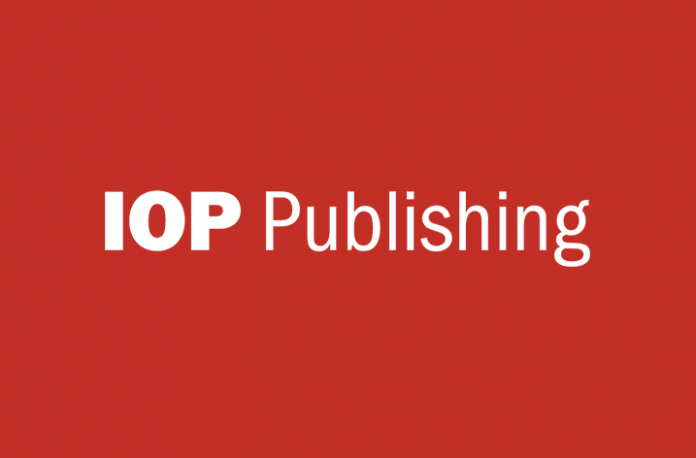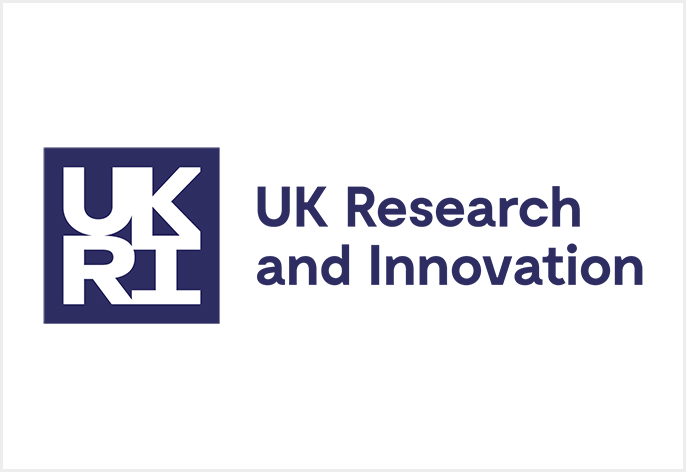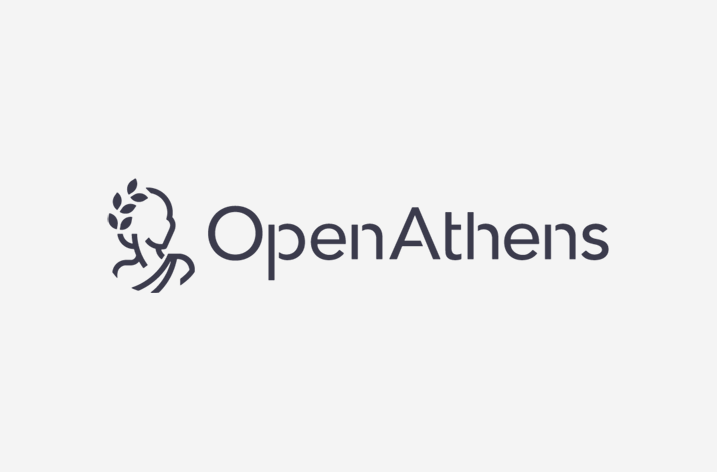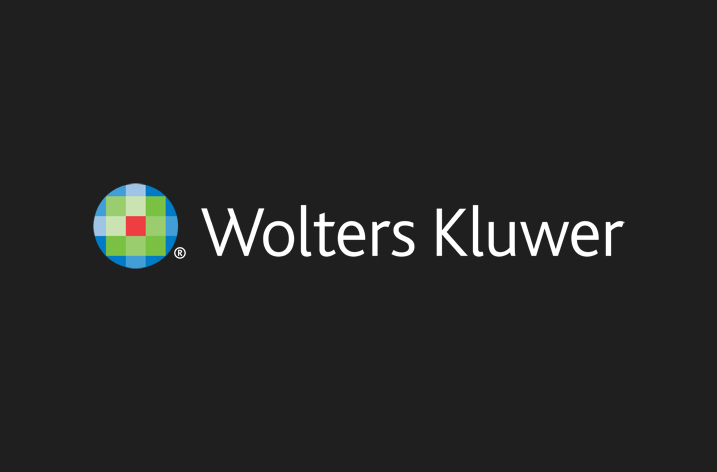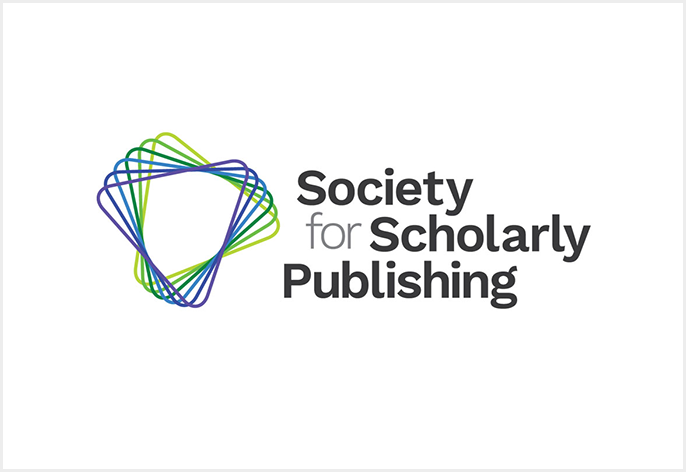All Web of Science Core Collection journals, including arts and humanities will have journal Impact Factors
Clarivate Plc , a global leader in providing trusted information and insights to accelerate the pace of innovation, today announced that in the 2023 release of the Journal Citation Reports all Web of Science Core Collection™ journals will receive a Journal Impact Factor (JIF)™. This means expanding the JIF from Science Citation Index Expanded (SCIE)™ and Social Science Citation Index (SSCI)™ to include journals from the Arts and Humanities Citation Index (AHCI)™ and the multidisciplinary Emerging Sources Citation Index (ESCI)™.
The annual JCR release enables the research community, publishers and librarians to evaluate and compare the scholarly impact of the world’s high-quality journals using a range of indicators, descriptive data and visualizations.
By expanding the JIF to all journals that have passed the rigorous Web of Science quality criteria, this latest enhancement helps level the playing field for all quality journals including recently launched journals, open access journals, journals with a niche or regionally focused scope and journals from the Global South.
It means that:
· Almost 9,000 journals – from more than 3,000 publishers, many of which are smaller publishers from the developing world – will have a JIF for the first time.
· There will be an 8% increase in gold open access journals that will have a JIF.
· There will be a minimum 5% increase in journals from the Global South1 that will have a JIF.
In addition, the 2023 release of the Journal Citation Reports will display the JIF with one decimal place, rather than the current three decimal places, to encourage users to consider the other indicators and descriptive data in the JCR when comparing journals.
Dr. Nandita Quaderi, Editor in Chief and Editorial Vice President, Web of Science said:
“To accelerate the pace of innovation research funders, institutions and researchers need to be able to make decisions based on quality data they can trust. We have made the decision to display Journal Impact Factors for all journals that are indexed in the Web of Science Core Collection as part of our ongoing commitment to the integrity of the scholarly record. Our rigorous selection process allows us to keep untrustworthy journals out of our indexes, which coupled with our careful data curation means that the research community can rely on the data and metrics in the Journal Citation Reports.
“Giving all quality journals a Journal Impact Factor will provide full transparency to articles and citations that have contributed to impact, and therefore will help them demonstrate their value to the research community. This decision is aligned to our position that publications in all quality journals, not just highly cited journals, should be eligible for inclusion in research assessment exercises.”
No changes will be made to the JCR until the next annual release in June 2023.
Ludo Waltman, professor of Quantitative Science Studies at the Centre for Science and Technology Studies (CWTS), Leiden University, the Netherlands said: “The JIF needs to co-evolve with the changing expectations of researchers, research managers and evaluators. I welcome the expansion of the JIF to all journals in Web of Science Core Collection. This is a significant step toward a more inclusive perspective on the journal landscape.”
Dr. Quaderi adds: “Community consultation on these changes has included individual discussions with publishers, librarians and bibliometricians as well as quantitative community surveys. We encourage anyone with further feedback on the changes to contact us at ISI@clarivate.com.”
A history of responsible research evaluation and product innovation
The Institute for Scientific Information (ISI)™ at Clarivate has a long history of promoting integrity in research and evaluation. Through their Global Research Reports and academic papers, they have already explained what best practice for research evaluation should look like, from their 2019 report Profiles Not Metrics, to submitting evidence to the Parliamentary Science and Technology Select Committee in the UK and the EU Coalition for Reforming Research Assessment. The 2020 report Research Integrity: Understanding our shared responsibility for a sustainable scholarly ecosystem reviews the different kinds of behavior that undermine research integrity.
Each journal profile in the JCR provides a rich array of journal intelligence metrics and allows users to filter by category and rank. These include:
· The Journal Citation Indicator, which represents the average category-normalized citation impact for papers published in the prior three-year period. All journals in the JCR have been eligible to receive this metric from 2021
· The Immediacy Index, which measures how frequently the journal’s content is cited within the same year as publication;
· The journal’s rank in category, determined by Journal Impact Factor, expressed as a percentile;
· Cited half-life, which is the median age, in years, of items in the journal that were cited during the JCR year
In addition, the Journal Citation Reports include descriptive data such as open access content, top contributing institutions and regions.
To aid responsible researcher evaluation Clarivate provides comprehensive researcher profiles in the Web of Science that include a variety of metrics, from citations to peer review, Web of Science Author Impact Beamplots and full CVs which individuals can use to promote their full academic profile.
























